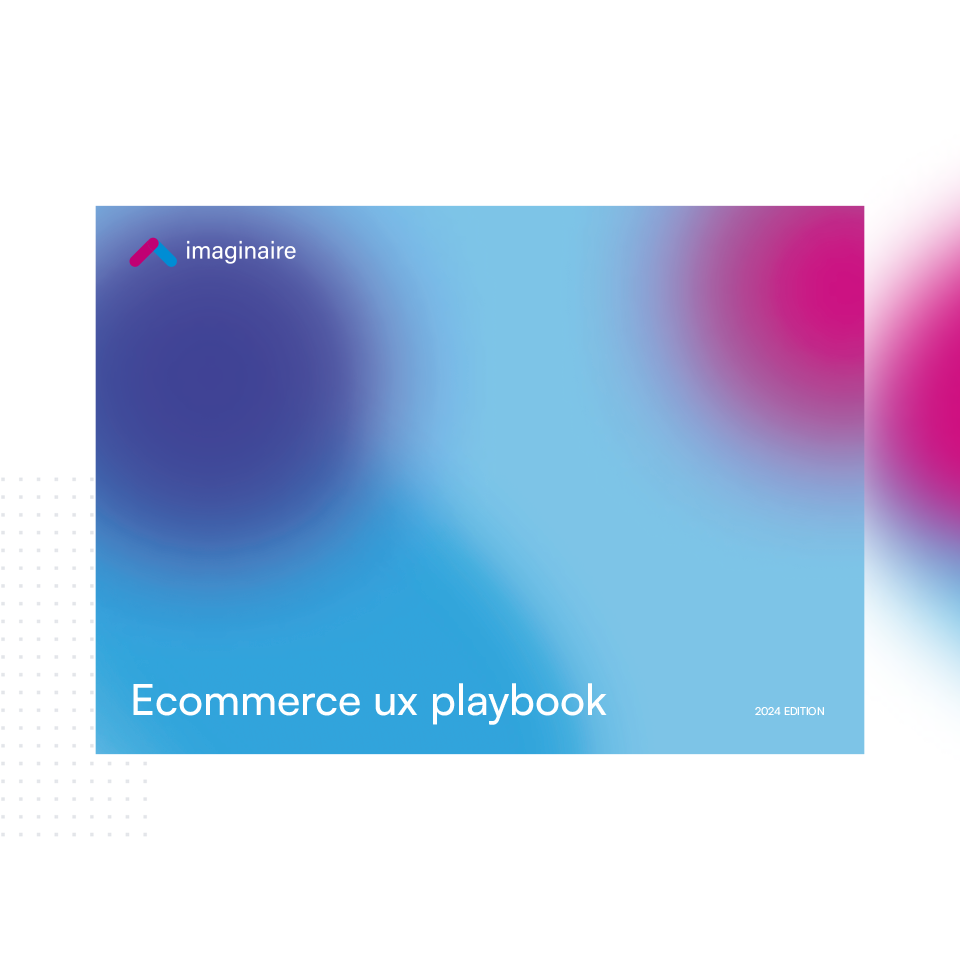What is ecommerce SEO?
Ecommerce SEO (Search Engine Optimisation) refers to the process of optimising your online store to rank higher in search engine results pages.
The goal is to improve visibility, drive organic traffic, and ultimately increase conversions. Unlike traditional SEO, ecommerce SEO focuses on optimising product pages, category pages, and other essential site elements to enhance user experience and search performance.
The importance of product listing optimisation
- Improve your rankings in Google and other search engines
- Increase organic traffic without relying solely on paid advertising
- Enhance user experience
- Boost conversion rates
- Reduce bounce rates by providing relevant and valuable content
- Outperform competitors who neglect SEO best practices
Optimising product listings with ecommerce SEO
Conduct keyword research
Start by identifying the keywords and phrases your target customers are searching for using tools like Google Keyword Planner, Ahrefs, or Semrush to find relevant, high-intent keywords. When carrying out keyword research, it’s important to focus on: primary keywords, which are main terms customers use, long-tail keywords, which are specific searches with lower competition and buyer intent keywords, which are phrases indicating purchase intent.
Optimising product titles
Your product title is one of the most important ranking factors. A well-optimised title should include:
- A primary keyword at the beginning
- A clear, concise description of the product
- Important attributes such as brand, size, colour, or model number
Compelling product descriptions
Product descriptions should be optimised not only in line with SEO but also to ensure that they are written as an advertisement and copy for customer experience. When creating the descriptions, you should avoid generic product descriptions provided by manufacturers and instead craft unique, engaging, and informative descriptions that highlight key features and benefits, address customer pain points, use natural language with relevant keywords (but avoid keyword stuffing) and improve readability with bullet points where necessary.
Use optimised URLs
A clean and keyword-rich URL structure improves SEO and user experience, and long, cluttered URLs should be avoided with any unnecessary parameters.
Best Practice:
www.example.com/mens-running-shoes/nike-air-zoom-pegasus-40
Avoid:
www.example.com/product?id=12345&category=shoes
High-quality images and alt text
Search engines can’t read images, but they can read alt text. Optimising your images can boost rankings and improve accessibility. By using high-quality, compressed images to improve page load speed and adding descriptive file names, you can make use of any images to support existing copy.
Include relevant keywords in the alt text, such as: “Nike Air Zoom Pegasus 40 Men’s Running Shoes in Black”.
Implement schema markup
Schema Markup helps search engines understand your product details better and enables rich snippets (e.g., star ratings, price, stock status) in search results.
Use Product Schema to mark up:
Product name
Price
Availability
Reviews & ratings
Optimise for mobile & page speed
A slow-loading or poorly optimised mobile site can drive customers away. That’s why you should always ensure your site is mobile-friendly with responsive design, especially with so many customers now finding and purchasing goods on the go and through their mobile device. When designing and developing a website, you should consistently check that your site is adaptable to different screen sizes, especially with e-commerce where people are viewing and potentially going through with a transaction.
You can always ensure page speed is optimised using tools like Google PageSpeed insights, and check that images and scripts are optimised to reduce load times.
Customer reviews
Customer reviews not only build trust but also improve rankings. Any business should always encourage genuine reviews and display them prominently through a business profile and under product collections and ranges. Here are a few ways in which customer feedback can contribute to good e-commerce SEO:
- Google values user-generated content for SEO
- Reviews with keywords help improve relevance
- Positive ratings increase click-through rates (CTR) in search results
Internal linking
Internal links help distribute link equity and improve navigation. When writing product descriptions and on page content, it’s important to link to related products, category pages, and blog content where relevant. This can also contribute to a positive customer experience as it creates a seamless journey from one page to another, especially if they are looking to purchase more than one item or find related collections.
Ecommerce SEO mistakes to avoid
- Duplicate content: Copy-pasting manufacturer descriptions can lead to ranking penalties so you should also focus efforts on original content
- Keyword stuffing: Overloading product pages with keywords can harm readability and rankings
- Ignoring technical SEO: Poor URL structures, broken links, and slow-loading pages impact search visibility and user experience
- Not optimising for search intent: Ensure your content matches what users are looking for and searching
- Missing meta descriptions: A well-crafted meta description can improve click-through rates
Ecommerce SEO by Imaginaire
Your e-commerce journey starts and ends with Imaginaire. From designing your new site to implementing lasting, effective digital marketing strategies, we have an in-house team of SEO experts who will ensure your products, content and copy are fully optimised and getting in front of your customers.
With over 10 years of experience, we will ensure that your e-commerce store is home to all the right keywords, metadata, technical SEO and more, whether you’re selling jewellery or home appliances.
To speak to one of our SEO team members, get in touch here or fill out a quote form to get started!
Ecommerce Agency in Nottingham and beyond
Get in touch with our team to discover our ecommerce services including web design, SEO and PPC
